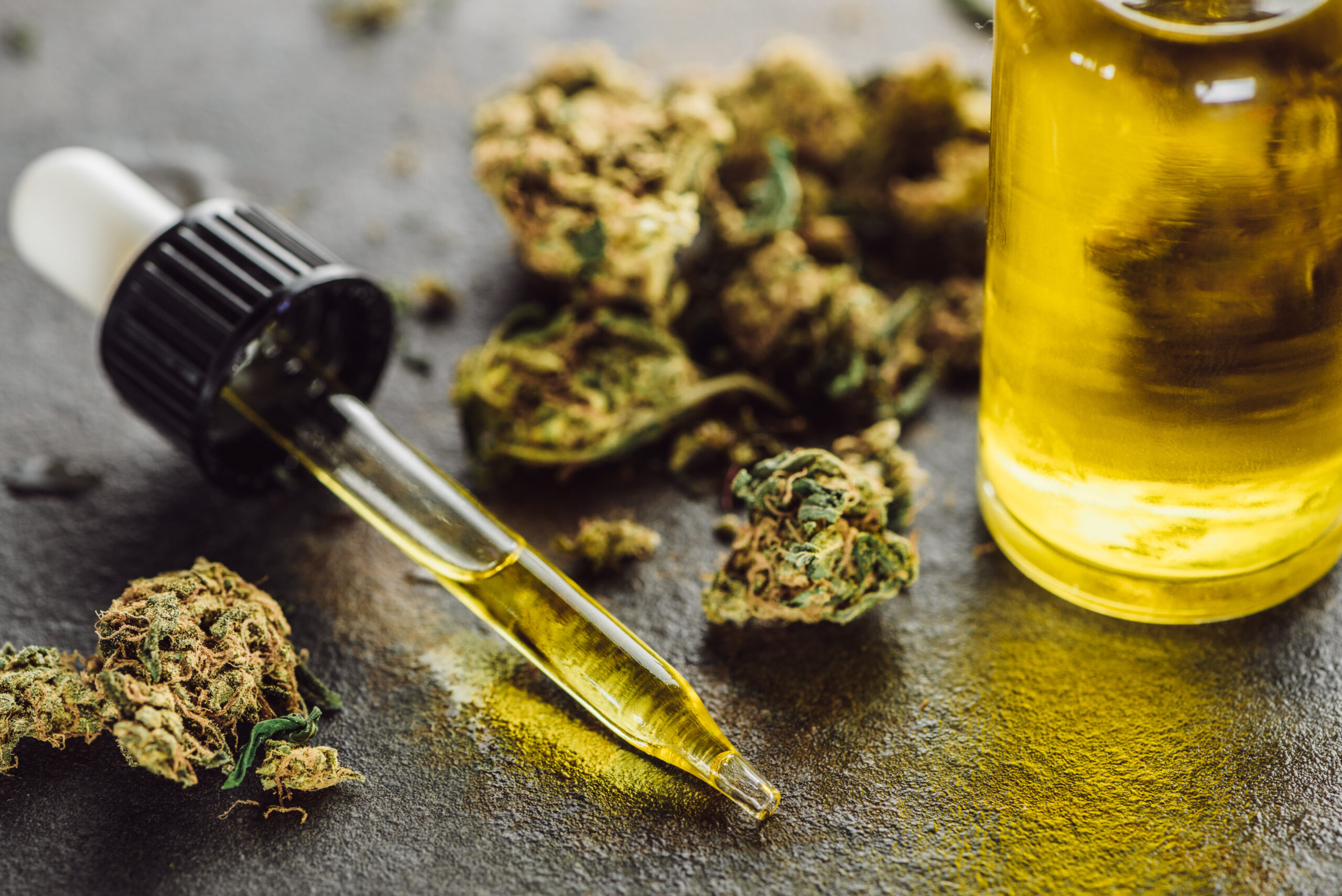Research shows serious promise for LSD derivatives as a mental health treatment in the fight against chronic depression
When it comes to mental health treatment, the options are pretty limited — especially for certain people. After all, nearly one-third of people suffering from depression don’t respond to the treat-ments that are currently available. And living with depression can be pretty darn awful, so something needs to be done about it.
In other words, there’s a great need for a safe and effective drug to help treat people who are resistant to what is currently available. And, it looks like there may be hope in the most unlikely of places.
It has long been hypothesized that psychedelics may be one key to treating depression. Not only is there plenty of anecdotal evidence, but there’s scientific evidence, too.
Ketamine has become a common choice for treating certain types of depression, and there are numerous research studies being conducted to de-termine whether LSD, ecstasy, or other compounds would be effective as well.
And, the results of most studies have been promising. For example, a recent research study found that when de-pressed mice are given substances like ketamine, LSD, or psilocybin and placed in uncomfortable or life-threatening situations, they will actually fight much lon-ger to survive than the depressed mice that are not on any of these substances.
And, what’s more is that psychedelics may not even need to get you high to do the job.
According to a recent peer-reviewed study published by the Journal of Nature, researchers have identified two compounds that activate the same brain receptor as LSD — but they do not produce the hallucinogenic effects. That study shows promising potential when it comes to the treatment of mental health conditions.
The research completed during this study revealed that the psychedelic-like substances actually reduced the symp-toms of depression and anxiety in mice, and they did so without any indicators that the mice were high.
So how do scientists know if a mouse is tripping on psychedelics? Well, they have a funny way of determining wheth-er a mouse is high or not. To do so, they simply look at the mouse’s nose. If it’s twitching, they’re tripping.
And that’s precisely what research-ers did during this study as well. They examined the behavioral effect of these compounds on the mouse models.
The LSD mice were dosed with produced head twitching and increased locomotor activity as expected. But when the two psychedelic-like com-pounds were induced, researchers saw low levels of head twitching, but it did not result in any excessive locomotion.
This alone is a significant discovery due to the potential for treating millions of people who are suffering from de-pression but don’t want to take a trip. And, for those who aren’t trip-averse, a clear confirmation that psychedelics can help treat certain types of depression also may also be beneficial — especial-ly if they want to stay away from the typical big pharma options their doctors present them.
That said, at least one of the re-searchers who helped to author this study thinks it’s highly unlikely for the particular compounds that were used in the study to make it to clinical trials — but the researcher does believe that similar compounds could potentially make their way into trials in the future.
 One of the major goals of this type of research is to find a substance that maintains the antidepressant and anxiolytic properties of psychedelics, but without the classic hallucinogenic effect of LSD and psilocybin. Studies have shown that antidepressant effects of drugs like LSD and psilocybin can take effect almost immediately and last for up to a year — which could ultimately be a huge improvement over the current treatment options.
One of the major goals of this type of research is to find a substance that maintains the antidepressant and anxiolytic properties of psychedelics, but without the classic hallucinogenic effect of LSD and psilocybin. Studies have shown that antidepressant effects of drugs like LSD and psilocybin can take effect almost immediately and last for up to a year — which could ultimately be a huge improvement over the current treatment options.
And, if there comes a time when patients are able to experience the same antidepressant benefits of psychedelics without the trip, it could be a very promising option.
Aside from the potential benefits to patients, there are several other ben-efits to finding these types of non-psy-chedelic treatments for depression. One of the major benefits is that non-psy-chedelics do not require the expensive staffing, space, or safety protocols that are required for psychedelic treatments. That could mean that the treatment is cheaper when there’s no psychedelic component — which would open the treatment option up to more patients.
There has been a significant uptick in public interest regarding psyche-delic treatments for depression, and a number of studies have already outlined some of the benefits of using psyche-delics in the treatment of mental health issues.
For starters, research from Johns Hopkins Medicine recently showed that treatment with psilocybin helped to relieve major depressive disorder symp-toms in adults for up to a month. And, the compound reduced depression-like symptoms at 20-fold lower doses than Prozac. What’s more is that the effects the compounds had on depressive symptoms lasted up to 14 days after a single dose.
A similar study completed in 2020 also resulted in some success when using derivatives of ibogaine in mice. That study showed evidence of ibo-gaine having antidepressant properties without the mice displaying symptoms that they were experiencing any of the hallucinogenic effects.













